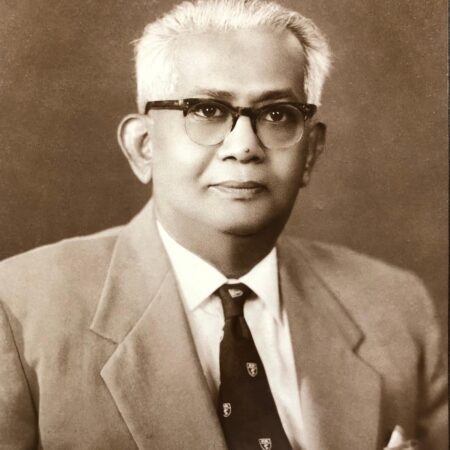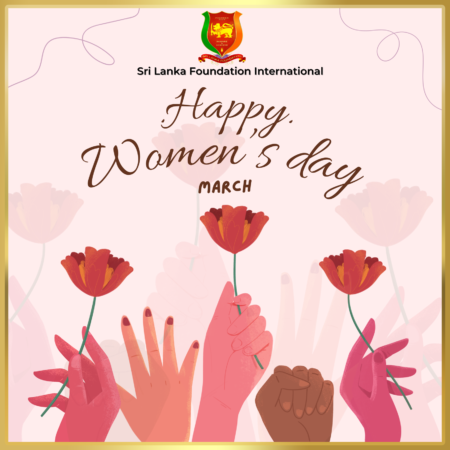Sri Lanka joined the international treaty banning antipersonnel landmines on December 13, 2017, Human Rights Watch said today.
“Sri Lanka’s accession should spur other nations that haven’t joined the landmine treaty to take another look at why they want to be associated with such an obsolete, abhorrent weapon,” Steve Goose, arms director at Human Rights Watch and chair of the International Campaign to Ban Landmines – the group effort behind the 1997 Mine Ban Treaty, was quoted as saying in a statement.
“This should spur other countries that haven’t joined the treaty to review their position and address any obstacles to joining it.” Sri Lanka deposited its instrument of accession to the treaty with the United Nations in New York, becoming the 163rd country to join. The Mine Ban Treaty comprehensively bans antipersonnel landmines, and requires destruction of stockpiles, clearance of mined areas, and assistance to victims of the weapons.
Sri Lanka participated as an observer in the fast-track diplomatic Ottawa Process, which led to the adoption of the Mine Ban Treaty in September 1997, but said it could not sign due to its ongoing conflict with the secessionist Liberation Tigers of Tamil Eelam (LTTE) in the northern and eastern parts of the country. Since then it has expressed its support for the humanitarian objectives of the Mine Ban Treaty and voted in favor of every annual UN General Assembly resolution on it. In December 2015, Sri Lanka announced that it was “seriously considering” joining the Mine Ban Treaty “as a matter of priority” following “a paradigm shift” in policy after the election of a new government in January 2015.
Sri Lanka reports that it has never produced or exported antipersonnel mines. Under the treaty, its stockpiled landmines must be destroyed within the next four years. The Sri Lanka army has acknowledged using antipersonnel mines in the past, while the LTTE produced and used them extensively during the armed conflict, which ended in May 2009. After Sri Lanka’s accession, three South Asian countries have yet to join the Mine Ban Treaty: India, Pakistan, and Nepal, the statement claimed. Austria will host and preside over the 16th meeting of the states parties to the treaty in Vienna during the week of December 18-21, 2017.
Human Rights Watch is a founding member of the International Campaign to Ban Landmines (ICBL), chairs the US Campaign to Ban Landmines, and serves as ban policy editor for Landmine and Cluster Munition Monitor. The ICBL received the 1997 Nobel Peace Prize, together with its coordinator, Jody Williams, for its efforts to bring about the Mine Ban Treaty and for its contributions to a new international diplomacy based on humanitarian imperatives.
Courtesy of www.hrw.org











![TV-Poster-All-Exhibition-Sri-Lanka-in-Focus-USA-2025[1]](https://www.srilankafoundation.org/wp-content/uploads/2025/04/TV-Poster-All-Exhibition-Sri-Lanka-in-Focus-USA-20251-450x450.jpg)










